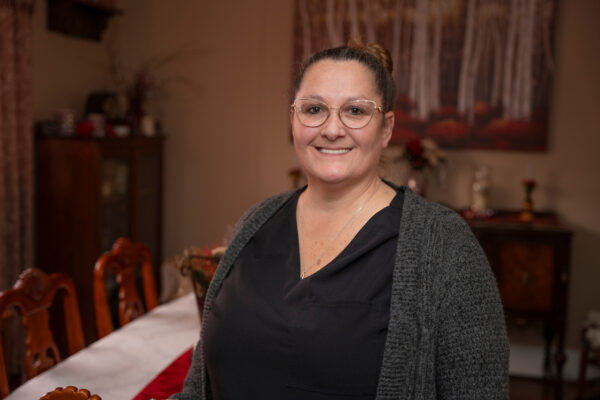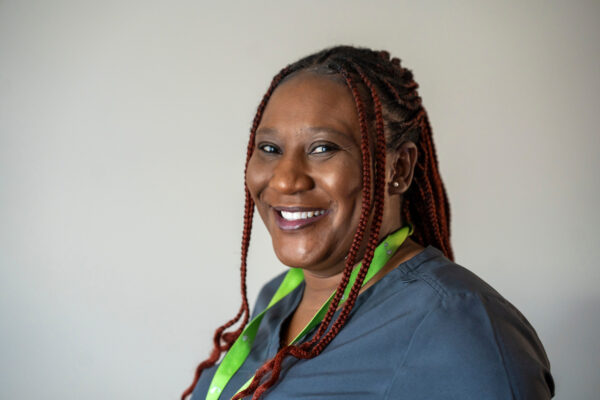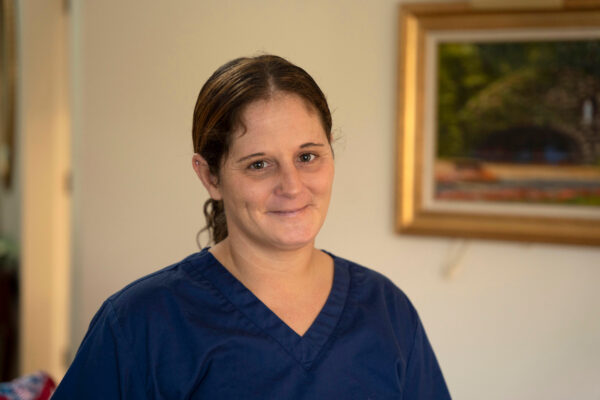Watching an elderly parent suddenly lose interest in food hits differently. One day they’re asking for seconds, and the next they’re pushing away half-eaten plates with a shrug. It’s one of those caregiving challenges that sneaks up on families and leaves everyone feeling helpless.
The internet is full of advice about how to increase appetite in elderly loved ones, but most of it reads like it was written by someone who’s never actually sat across from a stubborn 80-year-old who insists they’re “just not hungry anymore.” The reality is messier, more frustrating, and way more personal than most guides let on.
Here’s what actually works when your elderly parent or grandparent decides food isn’t worth the effort anymore.
Why Elderly People Really Stop Eating (And It’s Complicated)
Appetite loss in seniors rarely happens for just one reason. It’s usually a perfect storm of physical changes, medication side effects, and life circumstances that nobody talks about at family dinners.
Those taste buds that used to make Sunday dinner amazing? They’re working at about half capacity now. Everything tastes bland or weird, and food that once brought joy now feels like chewing cardboard. Add poorly fitting dentures or dental pain to the mix, and eating becomes genuinely unpleasant.
Then there’s the medication issue that catches families off guard. Blood pressure pills, antidepressants, pain medications – they all come with “may cause decreased appetite” buried in the fine print. Sometimes seniors take three or four medications that suppress hunger, and nobody connects the dots.
The emotional piece gets overlooked too often. Losing friends, dealing with health scares, or feeling isolated can kill anyone’s interest in food. When you’re lonely or depressed, making a sandwich feels like climbing Mount Everest.
Small Changes That Make a Big Difference
You can make eating more enjoyable by making some small changes.
Turn Up the Flavor
Since taste and smell aren’t what they used to be, everything needs to be more flavorful than you’d normally make it. Load up on garlic, herbs, and spices. The smell of onions sautéing in butter can actually trigger hunger in ways that bland food never will.
Lemon juice, vinegar, and fresh herbs become your best friends. They brighten flavors without adding salt, which many seniors need to limit anyway.
Ditch the Big Plate Mentality
Forget everything you know about three square meals. Most elderly people do better with five or six small portions throughout the day. A couple of crackers with cheese at 10 AM, half a sandwich at noon, and some yogurt at 3 PM – it adds up without feeling overwhelming.
Use smaller plates and bowls too. There’s real psychology behind this trick. A small portion on a small plate looks normal and manageable, not sad and insufficient.
Make Mealtimes Social Again
People eat more when they’re not eating alone. It’s that simple. Having someone sit and chat during meals, even if they’re not eating, makes a huge difference. Video calls with grandchildren during breakfast, sitting together during lunch, or even just having the radio on can help.
Some seniors eat better at restaurants or senior centers where there’s natural social interaction. The same person who picks up food at home might clean their plate when there’s conversation and activity around them.
Practical Meal Solutions That Actually Work

Now, let’s see how we can make the meals easier to do, and easier to eat.
Easy Meals for the Elderly to Reheat
Batch cooking becomes essential when dealing with appetite issues. Make big pots of chili, soup, or stew on the weekend, then portion them into single servings. Elderly people are more likely to eat when they can just heat something up without the effort of cooking.
Meatloaf, casseroles, and braised chicken all reheat well and stay moist. Avoid anything that gets dry or tough when reheated – nobody wants to chew cardboard.
Quick Wins That Don’t Require Cooking
Keep simple, nutritious options available that require zero preparation. Greek yogurt with fruit, cheese and crackers, nuts, and avocados with salt – these can bridge the gap between actual meals.
Rotisserie chicken from the grocery store is a lifesaver. Shred it up for sandwiches, add it to soup, or just eat it with some crackers. Pre-cut vegetables and hummus, cottage cheese with fruit, or even ice cream with nuts can provide nutrition when appetite is low.
When Planning Meals for Elderly Parents
Focus on meals for the elderly that they’ve always enjoyed rather than trying to introduce new healthy options. If someone has eaten meatloaf and mashed potatoes for 70 years, now isn’t the time to push quinoa salads.
Comfort foods often work better than “health foods” when appetite is the main concern. A milkshake made with real ice cream provides calories and protein, even if it’s not technically a healthy food. Sometimes getting calories matters more than perfect nutrition.
Dealing with Medical Issues

Sometimes not having an appetite can be a sign of something bigger.
The Medication Review
This step gets skipped way too often. Many families don’t realize that common medications can kill appetite. A medication review with a doctor or pharmacist can identify which pills might be causing problems.
Sometimes switching to a different blood pressure medication or adjusting timing can help. Other times, doctors might consider appetite stimulants for elderly patients, though addressing underlying causes usually works better.
When Dental Issues Are the Problem
Painful teeth or ill-fitting dentures can make eating miserable. Regular dental check-ups become even more important with age. In the meantime, focus on softer foods that don’t require much chewing.
Ground meats, cooked vegetables, soups, smoothies, and well-cooked pasta can provide good nutrition without the jaw workout. Oatmeal, scrambled eggs, and mashed potatoes with butter become staples.
Red Flags That Need Professional Attention

Some appetite changes require immediate medical attention. Rapid weight loss, refusing food for more than a day, signs of dehydration, or dramatic personality changes around eating all warrant a call to the doctor.
Watch for patterns too. If appetite loss coincides with starting new medications, recent illness, or major life changes, there might be a fixable underlying cause.
When Depression Is Part of the Picture
Loss of interest in food often goes hand-in-hand with depression in elderly people. If appetite loss comes with sleeping too much, withdrawing from activities, or general sadness, depression treatment might be more important than focusing on food alone.
What Doesn’t Work (Save Yourself the Trouble)
Skip the expensive protein shakes unless your loved one actually likes them. Most taste medicinal and sit unopened in the fridge. Meal replacement bars usually end up in the trash too.
Nagging about eating typically backfires. Pressure and anxiety around food make the problem worse, not better. Gentle encouragement works better than lectures about nutrition.
Don’t assume that loss of appetite means someone is “giving up” or doesn’t want to live. Sometimes it’s just a phase that needs patience and creative problem-solving.
Get the Professional Support Your Family Needs
When appetite loss becomes a persistent problem, professional help can make all the difference. Experienced caregivers understand the complex reasons behind eating challenges and know how to address them effectively.
Firefly Home Care caregivers have years of experience helping elderly clients rediscover their appetite and maintain healthy eating habits at home.Don’t let appetite issues overwhelm your family. Contact Firefly Home Care today to learn how our professional caregivers can help your loved one eat better and feel stronger.






























